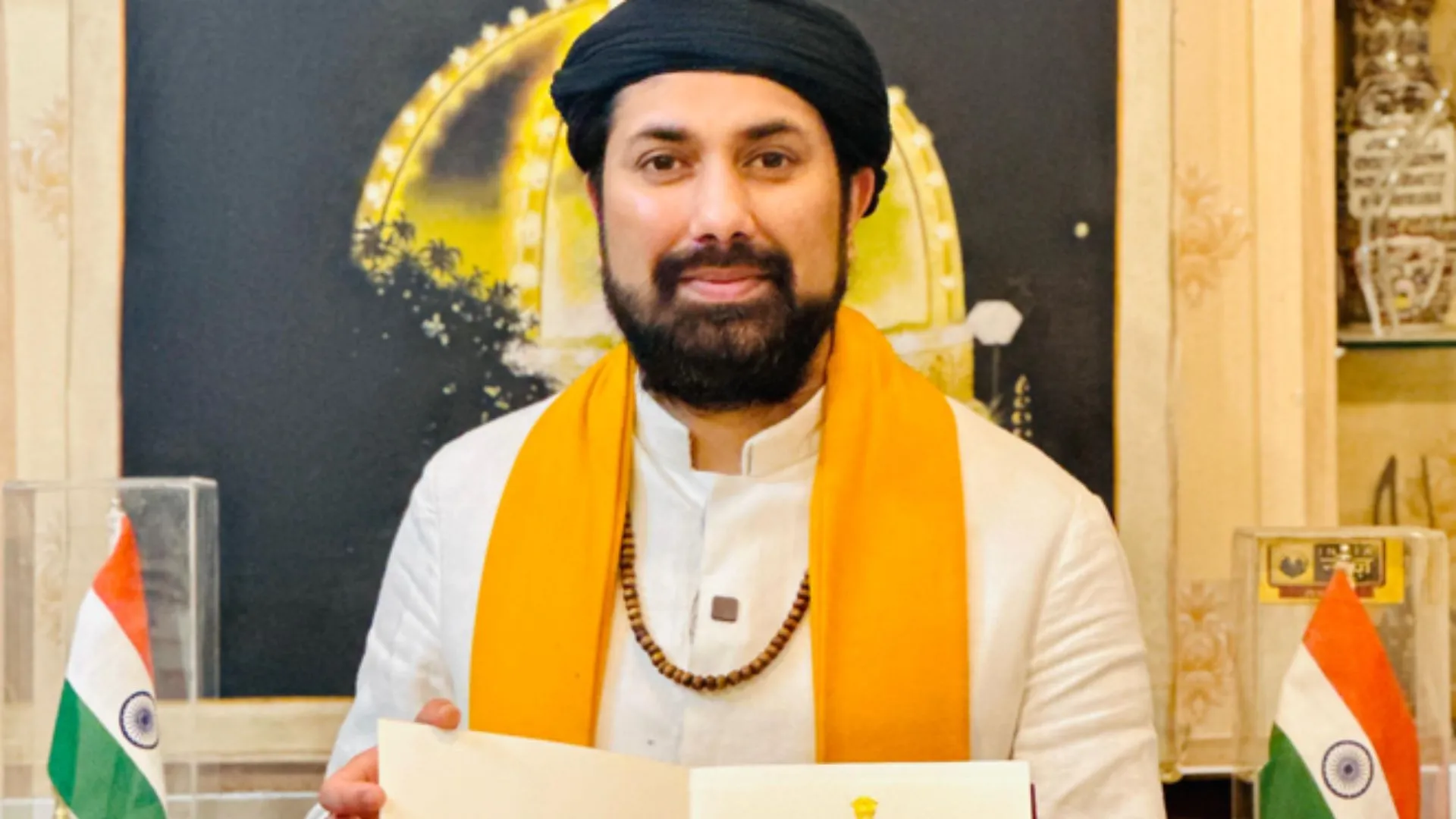Union Health Secretary Apurva Chandra chaired a high-level meeting on “Advancing Health and Well-Being of Billions in the WHO South-East Asia Region,” emphasizing India’s pivotal role as the world’s pharma capital. This side-event to the 77th World Health Assembly, co-hosted by the WHO Regional Office for Southeast Asia (SEARO) and the Indian government, took place in Geneva on Tuesday. The meeting aimed to strategize concerted actions among member states, WHO, and partners to address key public health issues in the Southeast Asia Region.
The event opened with a video presentation showcasing India’s health journey, particularly the Pradhan Mantri Ayushman Bharat Mission’s four pillars that facilitate universal health coverage for Indian citizens.
In his address, Apurva Chandra highlighted the transformative use of digital technologies in India during the COVID-19 pandemic, such as the CoWIN platform, now evolving into UWIN, a digital tool for tracking immunizations and issuing digital certificates for children. He also introduced the BHISM cube, an innovative product from India’s Aarogya Maitri Project. This compact, modular medical aid cube, designed to treat up to 200 casualties, is equipped with cutting-edge technology for deployment during disasters and emergencies.
Member states discussed various interventions needed to strengthen cooperation and collaboration, focusing on vaccination catch-up, vaccine delivery, non-communicable diseases, and more. Other partners emphasized the importance of health system preparedness, post-pandemic recovery, addressing the climate crisis, supporting an aging population, managing mental health issues, decentralizing health issues to provincial and district levels, and enhancing pandemic preparedness and health security.
The event saw participation from notable figures including Hekali Zhimomi, Additional Secretary, Union Health Ministry; Aradhana Patnaik, Additional Secretary and Managing Director (NHM), Union Health Ministry; Basant Garg, Additional CEO, National Health Authority; Arindam Bagchi, India’s Permanent Representative to the United Nations and other international organizations in Geneva; WHO SEARO Regional Director Saima Wazed; representatives from WHO SEARO member states; key development partners active in the Southeast Asia region; and WHO senior management and Secretariat.
In a post on X, the Ministry of Health and Family Welfare stated, “Union Health Secretary addresses High-Level Meeting on ‘Advancing Health and Well-Being of Billions in @WHO South-East Asia Region.’ Highlights India’s digital technologies and platforms like UWIN for tracking immunization and creating digital certificates for every child. India, as the pharma capital of the world, is providing strength to the SEARO region with affordable medical countermeasures.”
Union Health Secretary addresses High-Level Meeting on “Advancing Health and Well-Being of Billions in @WHO South-East Asia Region”
Highlights India’s digital technologies and platforms like UWIN which is being utilized for tracking immunization and creation of… pic.twitter.com/lMCVWqBSrx
— Ministry of Health (@MoHFW_INDIA) May 27, 2024
Apurva Chandra addressed Committee A of the World Health Assembly in Geneva, emphasizing that traditional public health approaches focusing on community interventions, information, awareness, and preventive measures are crucial for better health outcomes. He noted India’s leadership in advocating for digital health innovations, which are essential for the transformative processes needed to achieve global health goals.
Chandra stated, “At this critical juncture, when all countries are working towards our collective Sustainable Development Goals and ensuring health services for all so that no one gets left behind, India has been taking the lead in advocating for digital health innovations as key to the critical transformative process required to help us achieve our goals.” He emphasized that this philosophy guides efforts to promote well-being for all, facilitate universal healthcare coverage, and achieve health-related Sustainable Development Goals.
He concluded by highlighting India’s role during the COVID-19 pandemic, where the country not only managed the crisis domestically but also provided medicines and health-related products globally, embodying the spirit of “One World, One Family.”





















